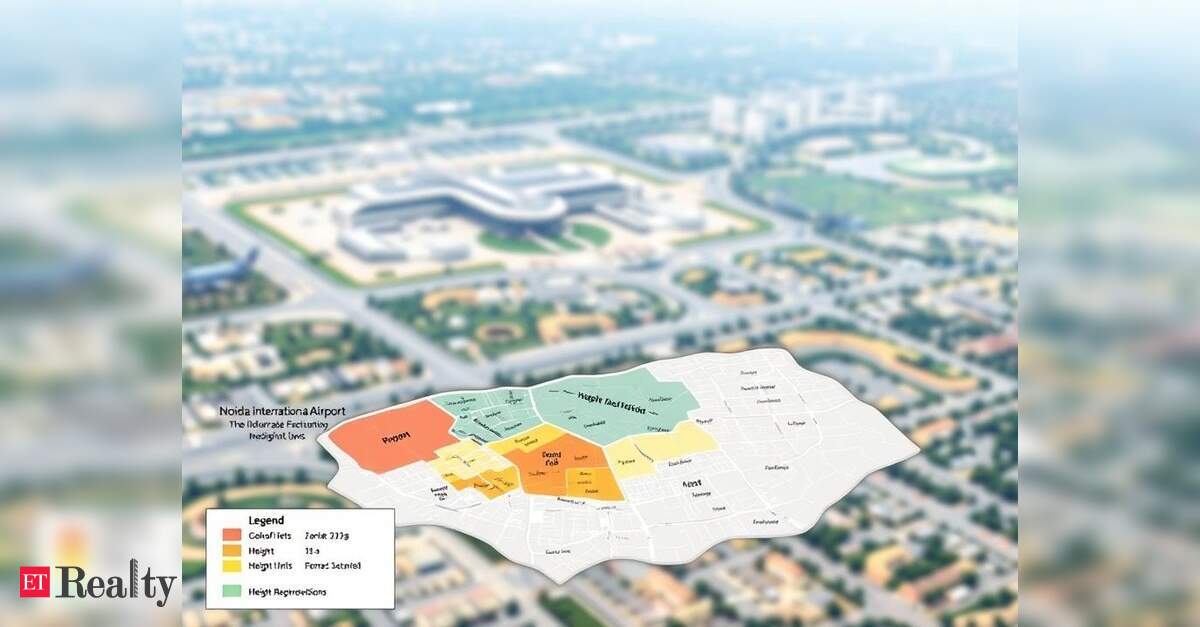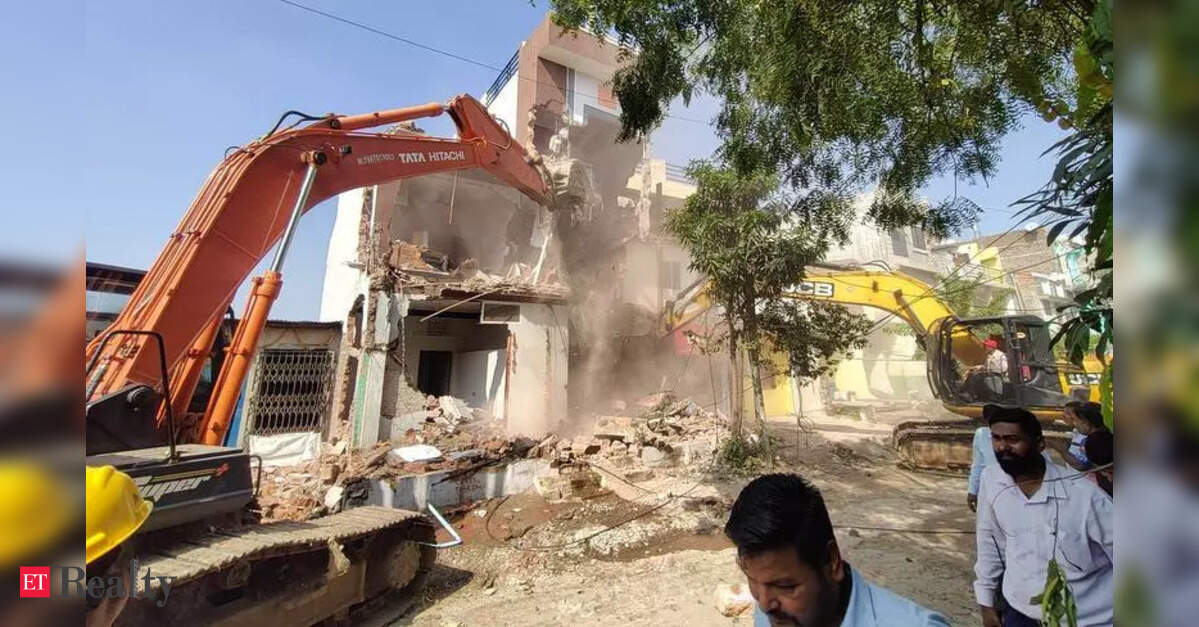
BHUBANESWAR: Recent orders from the Orissa High Court, largely favoring homebuyers, are poised to transform the real estate landscape in Bhubaneswar. Experts believe this signals a decline in developer monopolies.
The court issued a stay on the construction of an access road by a developer for his new project, responding to a plea from an allottee’s association from a major housing initiative at Paikarapur in Kalinga Nagar. The roadwork was reportedly undertaken within the common areas of the existing housing project.
The developer was advancing the housing project in phases, a detail withheld from the original project owners. Allegations arose that the developer illegitimately acquired plan approvals and forcibly demolished a boundary wall intended for common use in the first project.
Ajit Kumar Choudhury, president of the housing society, stated, “According to the Apartment Ownership Act, the builder must transfer common areas and amenities to us and has no claim over the land, yet he acted aggressively. We approached the High Court and secured a favorable judgment.”
In another ruling, the Orissa High Court deferred discussions on a case brought by a developers’ association aiming to amend an ORERA notification requiring that developers retain 1% of the project value in their accounts for five years to cover potential structural damages.
The existing rules stipulate that project closure and issuance of an occupancy certificate are contingent upon this 1% retention; however, this was challenged in court, which upheld the regulations.
Bimalendu Pradhan, a real estate expert, explained, “ORERA mandated that the 1% amount must be reserved as security for maintenance over five years. A local developers’ association contested this notification, but the matter has been postponed.”
Previously, a case was filed concerning the appointments of the chairperson and members of ORERA, all of which had been vacant since May 2025. While the government has since filled these positions, questions regarding the qualifications of one appointee have emerged.
In a hearing on June 25, the High Court set a follow-up date for this matter. “Recent High Court rulings have inspired hope among buyers, demonstrating that they can advocate for their rights effectively,” noted Pradhan.
Another issue under review involves whether the Bhubaneswar Development Authority (BDA) was correct in approving a project plan within an area governed by the BMC following the 2015 delegation of plan approval powers. The High Court instructed the BMC to resolve this matter within two months.
Additionally, the court examined whether a multi-phase project should be governed by a single or multiple associations, a challenge raised by a prominent city developer. The High Court subsequently issued a stay on the usage of common areas.




